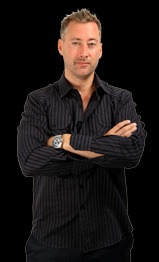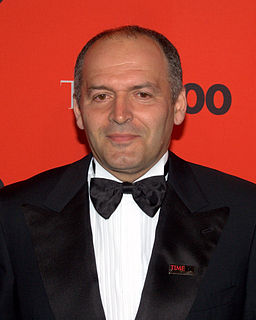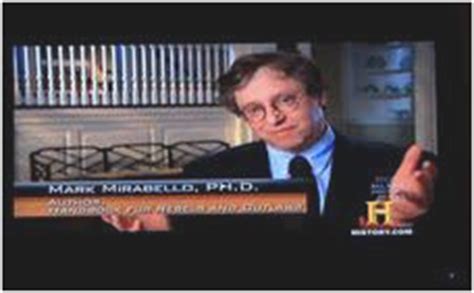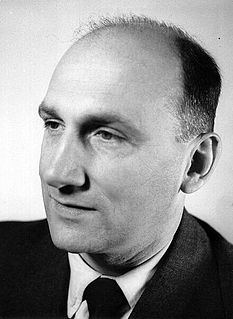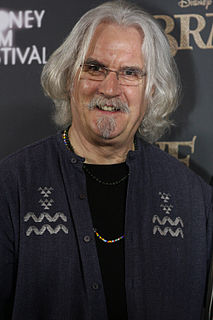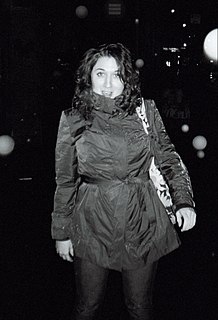A Quote by Jeff Berwick
Related Quotes
Why did I become a Canadian citizen? Not because I was rejecting being a U.S. citizen. At the time when I became a Canadian citizen, you couldn't be a dual citizen. Now you can. So I had to be one or the other. But the reason I became a Canadian citizen was because it simply seemed so abnormal to me not to be able to vote.
Power, after all, is not just military strength. It is the social power that comes from democracy, the cultural power that comes from freedom of expression and research, the personal power that entitles every Arab citizen to feel that he or she is in fact a citizen, and not just a sheep in some great shepherd's flock.
One citizen, or a few, may be powerless if all the rest are determined to benefit from the imposition of unjust supranational rules. But this excuse cannot work for large numbers. Just imagine 10 million US citizens saying in unison: "I am just one powerless citizen. There is nothing I can do to change my government's policies!"
When I went to college - when I read Shakespeare or Dickens or Scott - I just felt that, as a citizen of England, a British citizen, this was as much my heritage as any schoolboy's. That is one of the things the Empire taught, that apart from citizenship, the synonymous inheritance of the citizenship was the literature.
Killing a bunch of people in Sudan and Yemen and Pakistan, it's like, "Who cares - we don't know them." But the current discussion is framed as "When can the President kill an American citizen?" Now in my mind, killing a non-American citizen without due process is just as criminal as killing an American citizen without due process - but whatever gets us to the table to discuss this thing, we're going to take it.
The rule of law does not guarantee freedom, since general law as well as personal edicts can be tyrannical. But increasing reliance on the rule of law clearly played a major role in transforming Western society from a world in which the ordinary citizen was literally subject to the arbitrary will of his master to a world in which the ordinary citizen could regard himself as his own master
